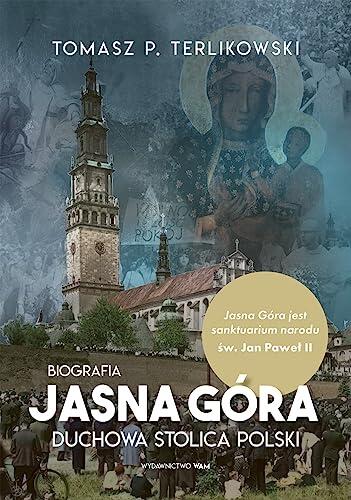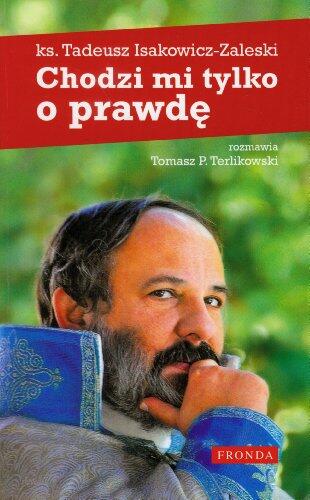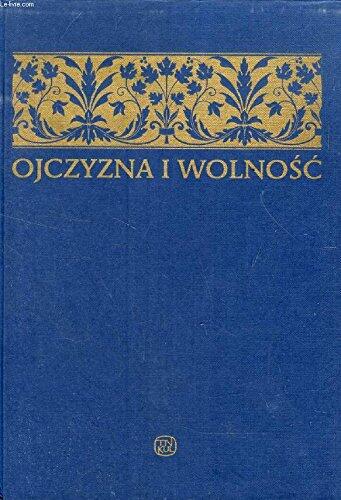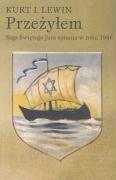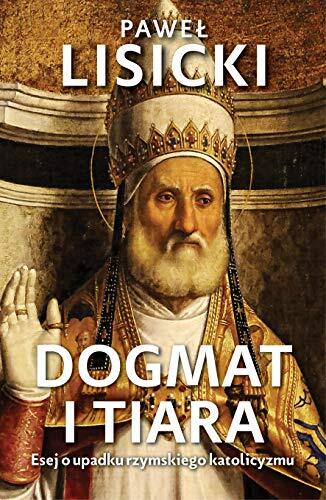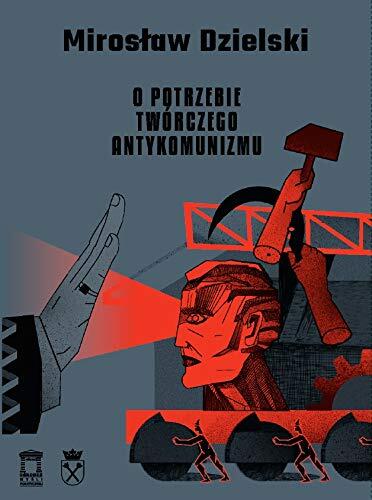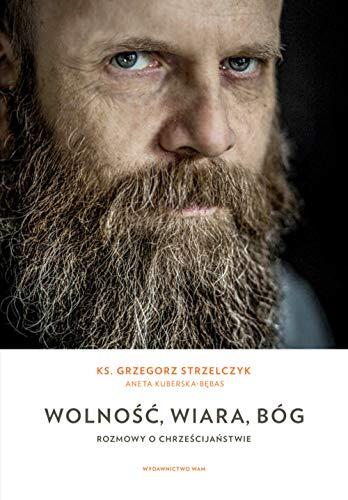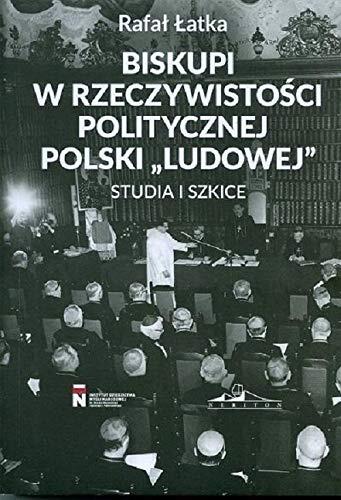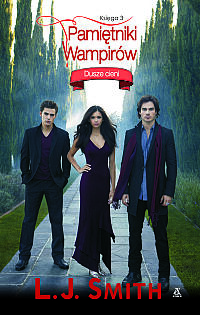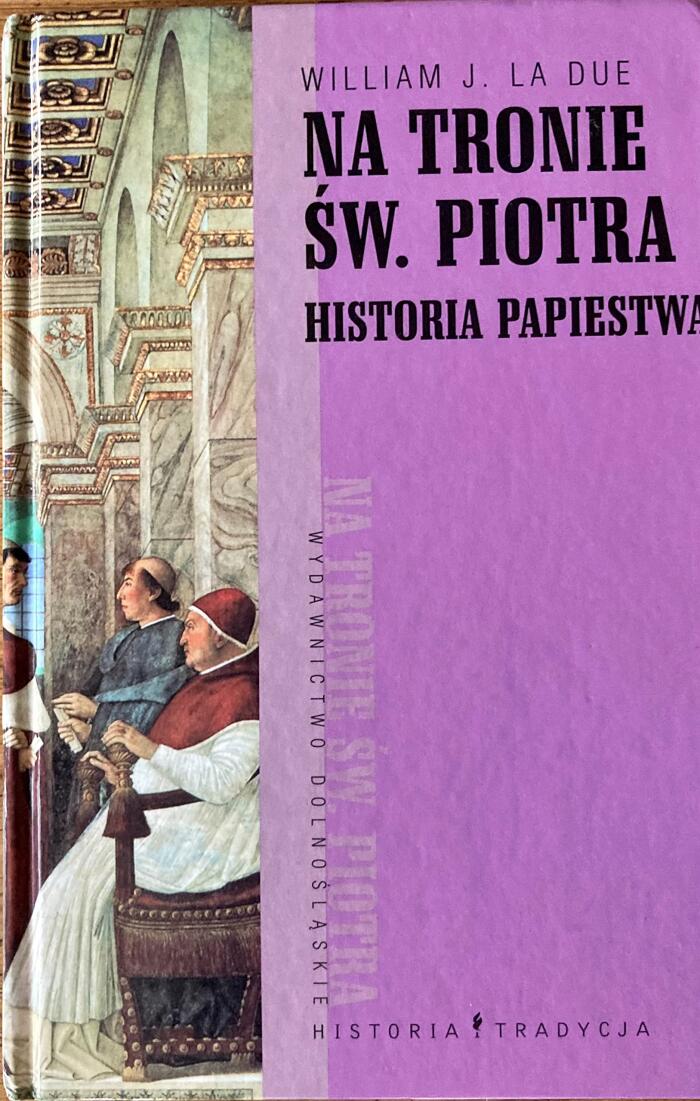![ChrzeĹcijaĹstwo I Unia Europejska. Rola religii w procesie integracji europejskiej [KSIÄĹťKA]](https://images.bookpine.com/892dd18e-7ff7-47c8-a977-8f9b4efb799a.jpg)
ChrzeĹcijaĹstwo I Unia Europejska. Rola religii w procesie integracji europejskiej [KSIÄĹťKA]
작성자
Michal Gierycz
아직 평점이 없습니다
Religion & Spirituality
형식
페이퍼백
페이지
440
언어
폴란드어
출판됨
Jan 1, 2022
출판사
WAM
ISBN-10
8375051780
ISBN-13
9788375051780
설명
This thought-provoking work delves into the intricate relationship between Christianity and the integration of Europe, exploring the profound influence religion has had on the continent's socio-political landscape. Michal Gierycz presents a comprehensive analysis of how Christian values and beliefs intersect with the European identity, shaping both public discourse and policy formation.
Gierycz navigates through historical contexts and contemporary debates, highlighting the role of various denominations in modeling European unity. He examines how religious principles have been woven into the fabric of European institutions, impacting everything from cultural exchanges to legislative frameworks. His insights shed light on the delicate balance between secular and religious influences in the ongoing integration process.
The book serves as a valuable resource for scholars, policymakers, and anyone interested in understanding the complexities of European integration through a religious lens. By addressing pressing issues such as multiculturalism and secularism, it invites deeper reflection on the future of Europe in a rapidly changing world.
Gierycz navigates through historical contexts and contemporary debates, highlighting the role of various denominations in modeling European unity. He examines how religious principles have been woven into the fabric of European institutions, impacting everything from cultural exchanges to legislative frameworks. His insights shed light on the delicate balance between secular and religious influences in the ongoing integration process.
The book serves as a valuable resource for scholars, policymakers, and anyone interested in understanding the complexities of European integration through a religious lens. By addressing pressing issues such as multiculturalism and secularism, it invites deeper reflection on the future of Europe in a rapidly changing world.
